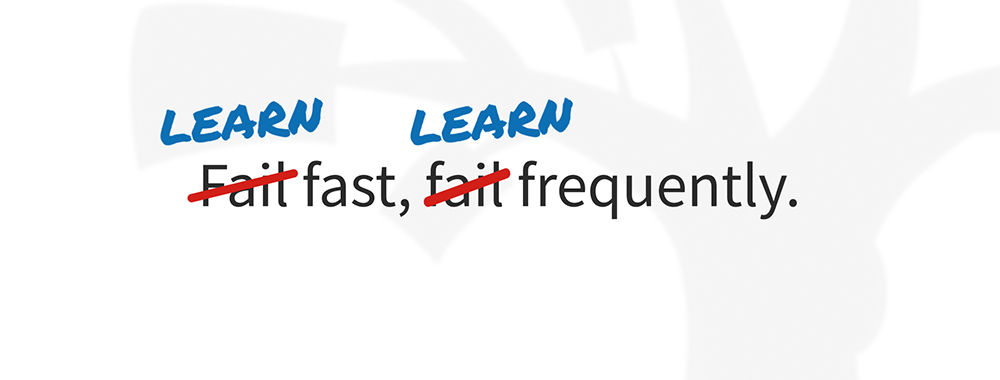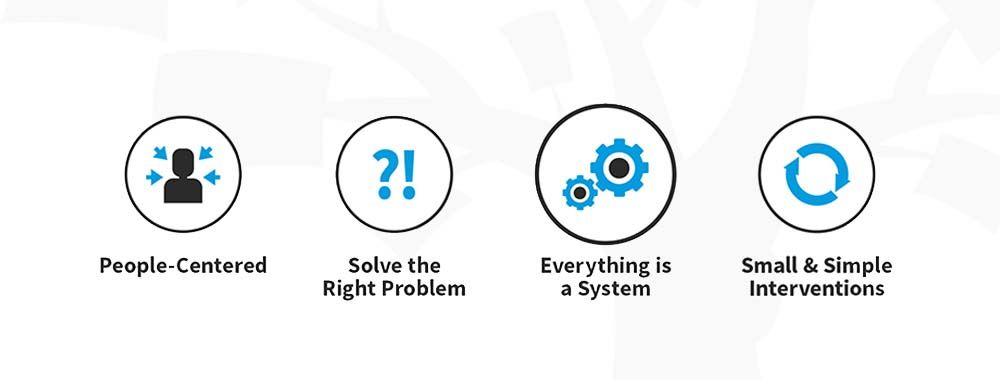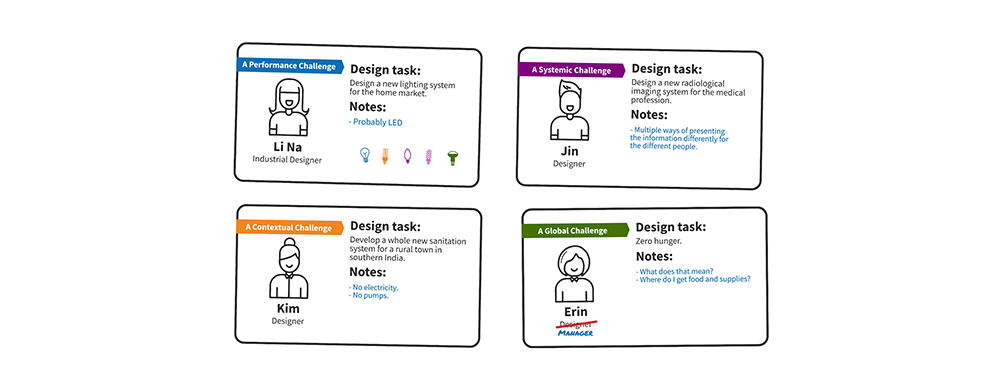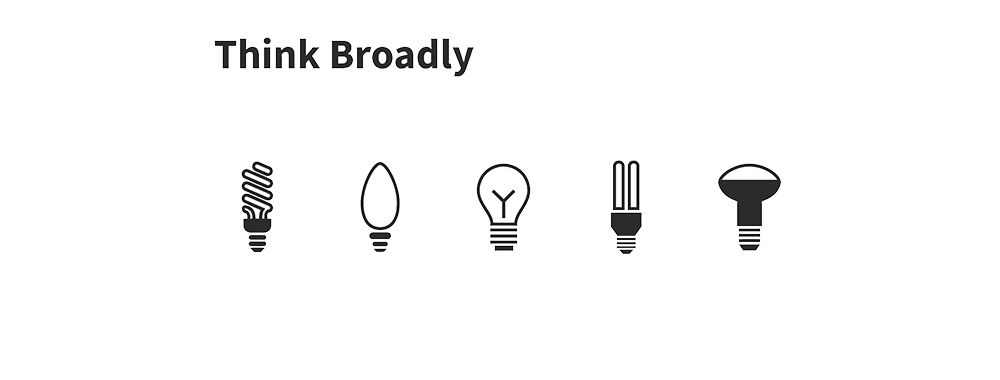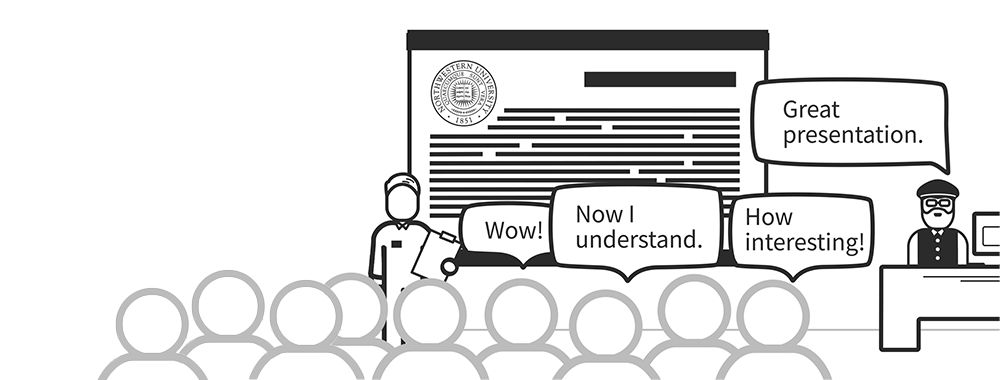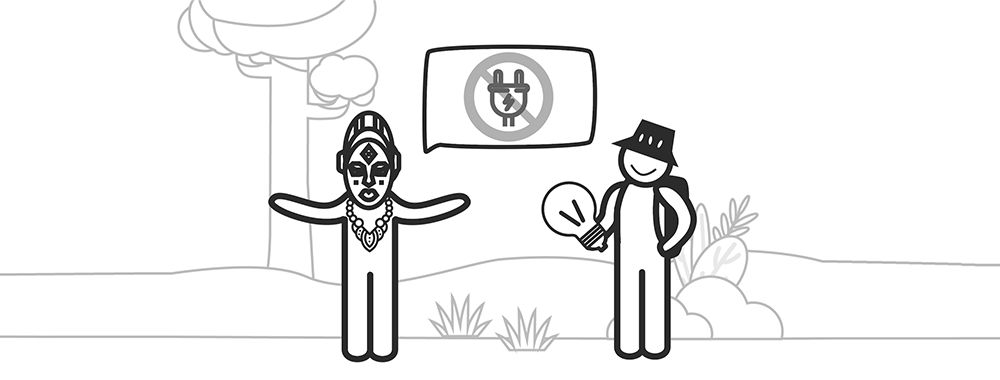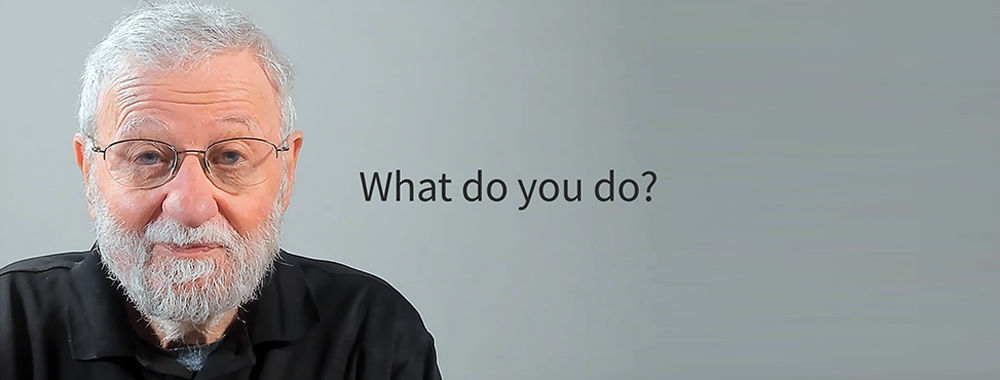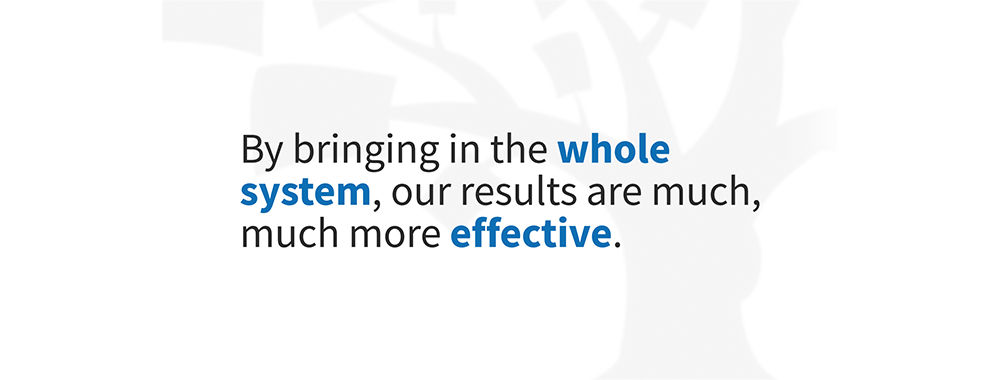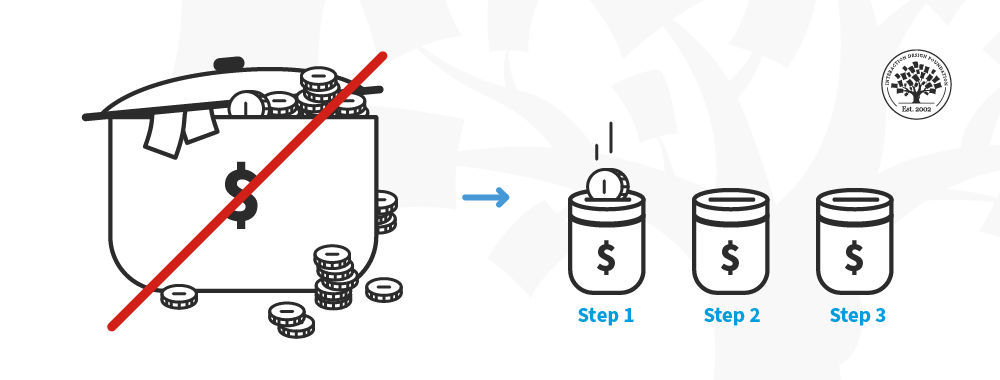In some cultures, people never recover from failure, and Don Norman says this is wrong. In other cultures, failure is seen as a way to learn. David Kelley, the founder of design firm IDEO, once said, “Fail faster, succeed sooner.” Don says this is good, but encourages us to take it one step further, and say, “Learn fast, learn frequently” because the word “failure” is too negative to reflect the benefits that occur when a design does not work as intended or a product doesn’t sell.
Just like a great skateboard trick or ski jump, every successful design is the direct result of hundreds of prior attempts. These attempts are where the designer refines their craft. And like gymnasts, skiers and skateboarders, Don recommends that designers break big challenges into smaller ones that they can learn from, build on, and that are less likely to fail catastrophically.
“If you want to be innovative, you have to be failing if you will, or maybe learning all the time.”
— Don Norman: Father of User Experience design, author of the legendary book The Design of Everyday Things, co-founder of the Nielsen Norman Group, and former VP of the Advanced Technology Group at Apple.
Don Norman is trying to mobilize the current and next generations of designers to use their insights in design as a way of thinking to solve the world’s major societal issues. If designers start adopting this approach, just imagine the possibilities for the planet and its people, everywhere!
Are you ready to improve your innovation? To learn faster and learn more frequently in your design practice? Then watch the following video!
Show
Hide
video transcript
- Transcript loading…
Video copyright info
David M. Kelley by Jonathan Chen (CC BY 2.0)
https://www.flickr.com/photos/wikichen/9375796736/References and Where to Learn More
Paul Gompers, Anna Kovner, Josh Lerner, David Scharfstein, Performance persistence in entrepreneurship, Journal of Financial Economics, Volume 96, Issue 1, 2010, Pages 18-32.
Ready to shape the future, not just watch it happen? Join the Father of UX Design, Don Norman, in his two courses, Design for the 21st Century and Design for a Better World, and turn your care for people and the planet into design skills that elevate your impact, your confidence, and your career.
hero image: © Interaction Design Foundation, CC BY-SA 4.0
